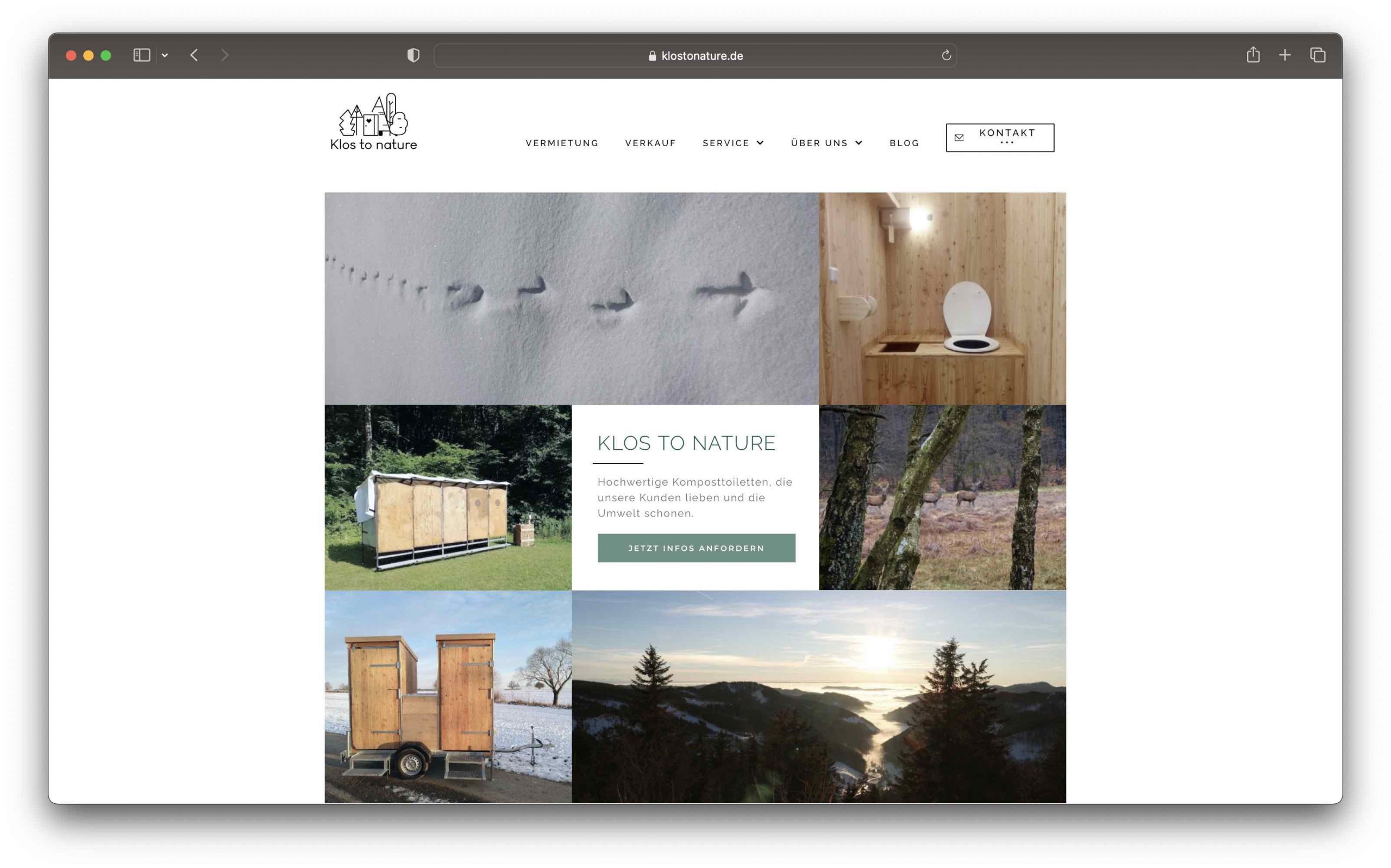What actually happens to human waste that does not immediately end up in the sewage system? The quantities produced at events, for example, are easily forgotten, but something has to be done with it.
Klos to Nature wants to offer sustainable options for this area and find solutions for how the whole thing can perhaps even be recycled.

Change of perspective: event toilets become nutrient collection boxes
“Close to Nature”, in a very special way. That’s how the similar-sounding sanitary service provider Klos to Nature can be succinctly described.
Cornelius Patzer, one of the two minds behind Klos to Nature and a guest at the Greentech.Live conference in October 2022, casts an arguably somewhat more unusual perspective on the human excrement that inevitably accumulates at events and the like.
Greentech Klo a.k.a. “nutrient collection boxes”
“For some it’s excreta, we actually try to look at it quite positively. They’re actually nutrient boxes that we’ve developed there,” he says in the conference video.
The goal behind this is to collect the “nutrients” in the most resource-efficient and convenient way possible, and then build a recycling infrastructure on top of that. “Turning shit into gold,” as the colloquial expression goes.
Recycling problem: Controlled composting is complex process.
The “nutrient collection boxes” per se are dry and composting toilets that Klos to Nature rents, sells and services. One of their advantages is that they can be operated without water and they are also largely odorless.
Likewise, the leftovers can be sanitized afterwards.
Klos to Nature’s offer consists of the most different sets – some completely simply, others more developed with solid and liquid separation – which can be developed modularly. However, good solutions are still being sought for recycling.
Unfortunately, this is not so easy, since the amount of excreta produced means that, for example, the remaining drug residues and pathogens break down more slowly. Controlled composting is therefore a complex, challenging process. Initial projects, such as one in Eberswalde, already exist. Other approaches are to follow.
The film industry as an important partner for more environmentally friendly toilets
At the very least, there is a market and buyers for the sustainable sanitary solutions.
“Very few hosts are eager to offer [their guests] conventional chemical toilets […]. So from there, we simply offer a more exciting, coherent concept,” explains Patzer.
For example, the main areas where there is a need for “Dixie Klos in Nachhaltig” include festivals and weddings, as well as an entire industry.
“The film industry is a pretty exciting partner for us, because this very topic of green shooting is totally on the rise here in Baden-Württemberg and is being promoted,” says Patzer.
The service provider still has a lot to do before the vision of entering the circular economy is achieved. There is no lack of motivation, and so the way ahead should be interesting.
You can find out more about this topic in the video clip from the Greentech.Live conference on YouTube.
